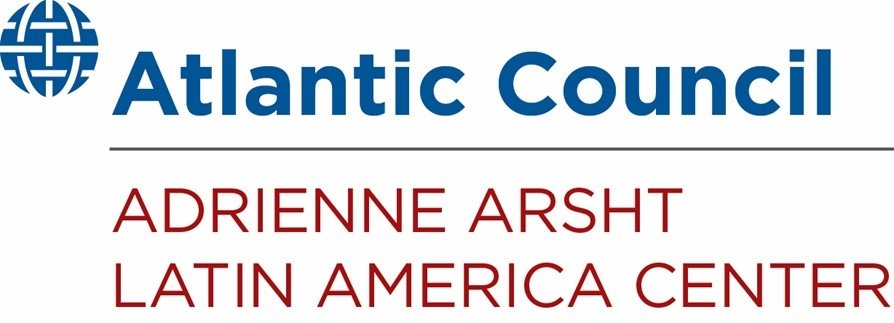Mexico's Mid-Term Elections: What's at Stake and What to Expect
On June 6, Mexicans will participate in the largest election in the country's history where they will choose candidates for over 21,000 offices. The election marks the halfway point in President Andrés Manuel López Obrador's term and is widely referred to as a referendum on his first three years in office. The outcome of this election will determine the extent to which López Obrador can implement his agenda and national reforms. With a weak and divided opposition, López Obrador's ruling party, Morena, is expected to maintain control in Congress.
The Mexico Institute of the Woodrow Wilson International Center for Scholars and the Adrienne Arsht Latin America Center of the Atlantic Council were pleased to host a presentation of the latest polling data, followed by expert commentary on what to expect on June 6 and the implications for the López Obrador government.
Quotes
Andrew Rudman
"All elections are important, and each is described as more important, more consequential than the last. But, at the risk of following that hyperbole, I would argue that this election is indeed the most important and consequential in Mexico's relatively brief democratic history, with significant political power at stake."
Alejandro Moreno
"We expect Morena to advance significantly in the number of states that they govern... At least 8 or 9 of the 15 states are looking like serious wins for Morena... But, the majority in congress for Morena is uncertain. I think that both voters and the election rules have something to do here. How voters behave but also how the rules of translating votes into legislative seats are applied."
Denise Dresser
"Many in Mexico hope that López Obrador's government is going to produce, eventually, politics and an economy that are genuinely more inclusive. But others fear that he is pushing the country backward by resurrecting dominant party rule, increasing presidential power, and stoking nationalism. As Alejandro's data shows, a polarized Mexico is caught between two forces: anger with those who have governed so badly in the past and hope mixed with trepidation regarding those who appear to be abusing their power now."
"Many believe that [President López Obrador] is enacting change in a country that is clamoring for social justice for many and less concentration of privileges for the few. But, for scholars, activists, and members of civil society that fought to dismantle the hegemony of the PRI and promote the transition to democracy, I think we are viewing current trends with greater trepidation because Mexico was touted as an example of a peaceful voted transition from authoritarian rule in Latin America."
Guadalupe Correa-Cabrera
"What is this election about? It is about two political forces. One, of course, is AMLO’s project, the Morena project, with all its limitations and strengths that we will talk about later. And, also, the groups that try to restore the previous regime - the regime that López Obrador called the neoliberal regime - which, you know, has to do with a certain form of developing the country connected with the transnational companies, energy reform, and all the policies that were connected with the previously called Washington Consensus, and the establishment that López Obrador very successfully has been able to criticize, of course generating big tensions with certain elites, the previous elites, but, at the same time, generating support from his political base which is something very important. "
"I don’t think that the United States understands the complexity of Mexico today. And why is this? Because when I read some of the statements, for example, in terms of security or energy, it's if as in the United States there is this idea that we are in the 1990s or we are in the first decade of the twenty-first century and we’re not like that. "
Jason Marczak
"Already, today, Morena's representation in the congress has, of course, been crucial for advancing many of the initiatives of the 4T (4th transformation) movement. In the last few weeks, Morena has advanced bills and legislative proposals on the labor front, telecommunications, railroads, reducing salaries of public officeholders."
Speakers
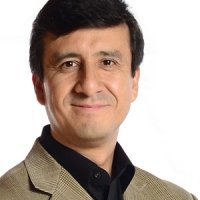
Professor of Political Science, Instituto Tecnológico Autónomo de México (ITAM); Director of Public Opinion Polling, El Financiero

Professor of Political Science, Instituto Tecnológico Autónomo de México (ITAM)
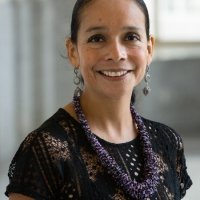
Professor, George Mason University
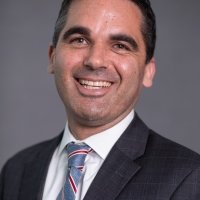
Introduction
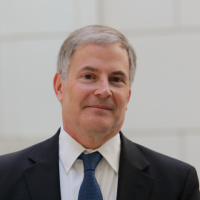
Moderator

Hosted By

Mexico Institute
The Mexico Institute seeks to improve understanding, communication, and cooperation between Mexico and the United States by promoting original research, encouraging public discussion, and proposing policy options for enhancing the bilateral relationship. A binational Advisory Board, chaired by Luis Téllez and Earl Anthony Wayne, oversees the work of the Mexico Institute. Read more

